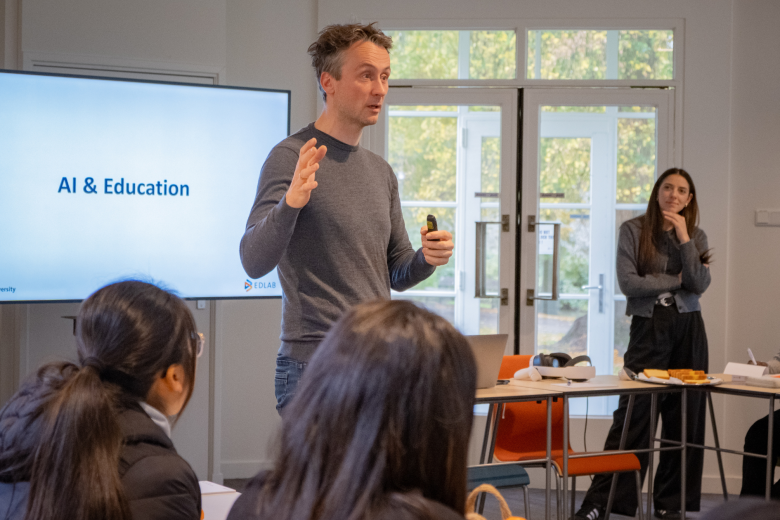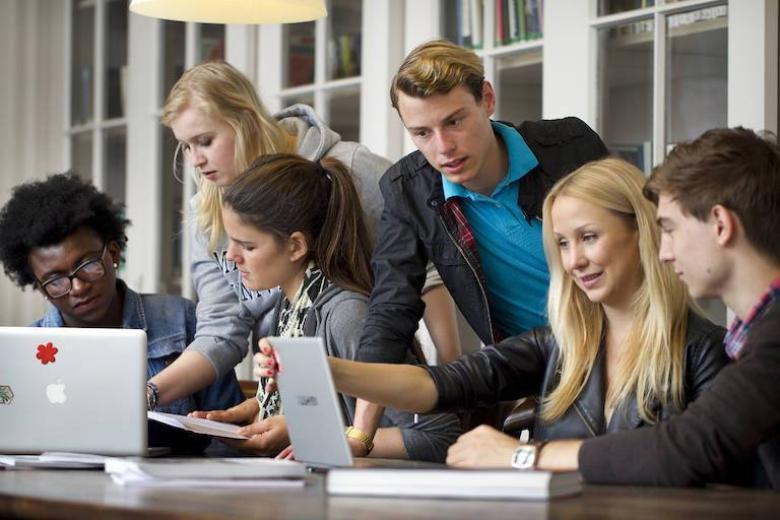Three UM initiatives win Global Citizenship for Sustainable Development grants
We are proud to announce that three projects have received funding from the Global Citizenship for Sustainable Development network at Maastricht University.
- The first funded project, "Transdisciplinary education: designing tomorrow", led by Annechien Deelman (EDLAB) and Hans Savelberg (FHML), explores how a transdisciplinary approach to education can help UM graduates develop the competencies needed to tackle complex global issues, such as inequality, climate change, or migration. Through student and staff input, the project will create a pilot course to examine how learning experiences can better foster these competencies.
- The second initiative, "Competencies for a shared world: designing an online module for developing global citizenship competencies", by Inken Gast, Laurie Delnoij, and Ainsley Loudoun (SBE), focuses on experiential learning. The team will design a digital module to guide students through critical reflection on global citizenship skills during their study-abroad programmes. The module will serve over 700 students annually and will be scalable and shareable as an Open Educational Resource.
- The third project, "GCEd Vision Days", developed by René Brauer and Marloes Menten (SBE), addresses the need for faculty support in embedding Global Citizenship Education into academic identity and practice. Through a series of interactive workshops during departmental 'hay days', this initiative aims to make GCEd a core, accessible part of faculty life, encouraging sustainable, cross-departmental change and offering tools and incentives to promote long-term engagement.
Please check more detailed project descriptions below.
Global Citizenship for Sustainable Development
Each project was chosen for its potential to benefit all UM faculties and to contribute positively to the development of Global Citizenship Competencies, as outlined in the hospitable framework. The selected proposals demonstrated either a broad, university-wide impact or applicability across faculties.
Selection criteria
Projects were nominated by GCEd faculty liaisons and needed to show relevance and value for all UM faculties, with a clear connection to the goals of global citizenship and sustainable development.
About the initiative
The Global Citizenship for Sustainable Development network brings together UM workgroups and task forces to share knowledge, offer advice, and collaborate for greater impact. Current members include the D&I Office, GCEd, Sustainable Stakeholder Engagement support (SSC), Sustainable UM 2030, International Classroom, EDLAB, and a liaison officer from each faculty.
The projects have all started and are expected to continue until the end of the 2025–2026 academic year. For more information, please contact Annechien Deelman at EDLAB.
Competencies for a shared world: designing an online module for developing global citizenship competencies
Applicants
- Inken Gast, Assistant Professor, Educational Research & Development, SBE
- Laurie Delnoij, Assistant Professor, Educational Research & Development, SBE
- Ainsley Loudoun, PhD Candidate, Educational Research & Development, SBE
Project question
How can Maastricht University provide structured support for students to develop global citizenship skills beyond knowledge and attitudes? Can an online, experiential learning module effectively guide students in critically reflecting on and building these skills during their study-abroad programmes?
The challenge
Global Citizenship Education (GCEd) is a key part of Maastricht University’s (UM) curriculum, and the School of Business and Economics (SBE) integrates it across its programmes. While SBE addresses knowledge and attitudes related to global citizenship, the development of global citizenship skills often receives less attention, apart from the collaboration and communication skills taught in Problem-Based Learning (PBL).
Developing these skills requires critical reflection to identify gaps, foster a global citizenship attitude, integrate knowledge, and build professional competencies. However, research shows that students struggle to develop these skills without structured guidance.
What will we do?
Our project will develop an online module to help students critically reflect on and develop global citizenship skills. This module will form part of a new Global Citizenship Skills (2 ECTS) course, supporting International Business (IB) and Economics and Business Economics (EBE) students during their final-year study-abroad programme. Hosted on PebblePad, the module will accommodate 750 students asynchronously.
Students will participate in an experiential learning cycle:
- Before departure: assess their current global citizenship skills.
- During study abroad: set goals and track progress.
- After returning: reflect on their development.
The module will include:
- A self-assessment tool for reflection.
- A rubric for structured skill development.
- Interactive activities to support experiential learning.
Project output
The project will develop a framework to support global citizenship skill development through guided reflection and experiential learning. This structured yet flexible approach will allow students to tailor and self-regulate their learning. The module will be scalable and adaptable, enabling expansion within UM and beyond. Additionally, we aim to share the module as an Open Educational Resource (OER) to support global citizenship education across institutions.
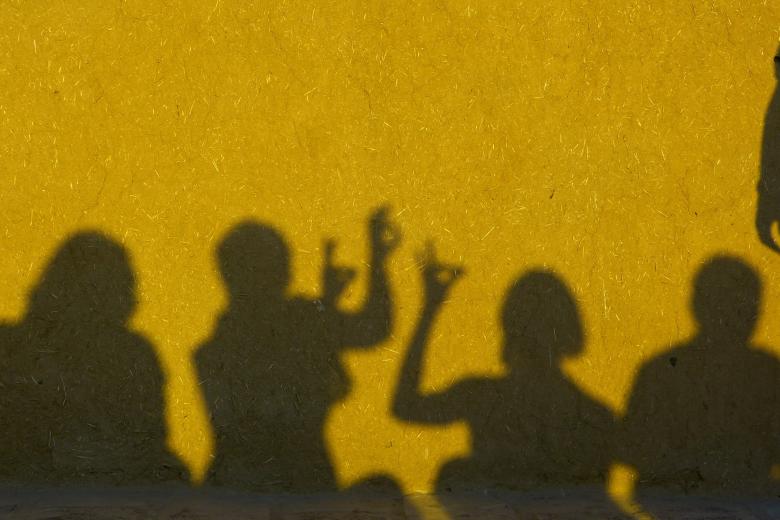
GCEd Vision Days
Applicants
- René Brauer, PhD Candidate, Educational Research & Development, SBE
- Marloes Menten, educational developer, Educational Research & Development, SBE
The challenge
While GCEd is integrated into various programmes at the Maastricht University School of Business and Economics, its application is inconsistent across courses. Many colleagues struggle to adapt their teaching to the framework despite their willingness to do so, highlighting the need for structured support.
What will we do?
At the School of Business and Economics (SBE), we will design a Global Citizenship Education (GCEd) vision and organise identity and competency development workshops to embed GCEd as a core aspect of faculty identity, in alignment with Maastricht University’s broader GCEd vision.
We propose GCEd Vision Days featuring a series of interactive workshops held during departmental 'hay days' at SBE. These sessions will clarify the concept of GCEd, inspire engagement, and provide practical tools for integrating GCEd into teaching and projects. The workshops will:
- Raise awareness of GCEd’s relevance
- Inspire staff to embrace their role as global citizens
- Support staff in translating GCEd into actionable plans
Workshops will apply the meta-creativity model (Brauer et al., 2024), enabling participants to address complex challenges through six key dimensions: affect, cognition, behaviour, metacognition, creativity-in-action, and uncertainty. Sessions will align with UM’s GCEd competency framework, focusing on:
- Global literacy and systems thinking
- Social responsibility and normative competence
- Transformative engagement
Follow-up sessions will encourage cross-departmental collaboration, and participants will be eligible to apply for an SBE education innovation voucher (€10,000) to support promising initiatives.
By integrating GCEd into bi-annual departmental 'hay days' and offering interdepartmental follow-up workshops, we aim to shift perceptions of GCEd from an added task to an integral part of academic work. The relaxed setting will foster open discussion and sustained engagement.
Project output
Insights and materials will be shared across UM to support broader adoption. While the pilot will take place at SBE, all materials will be available university-wide and can be adapted into tailor-made workshops.
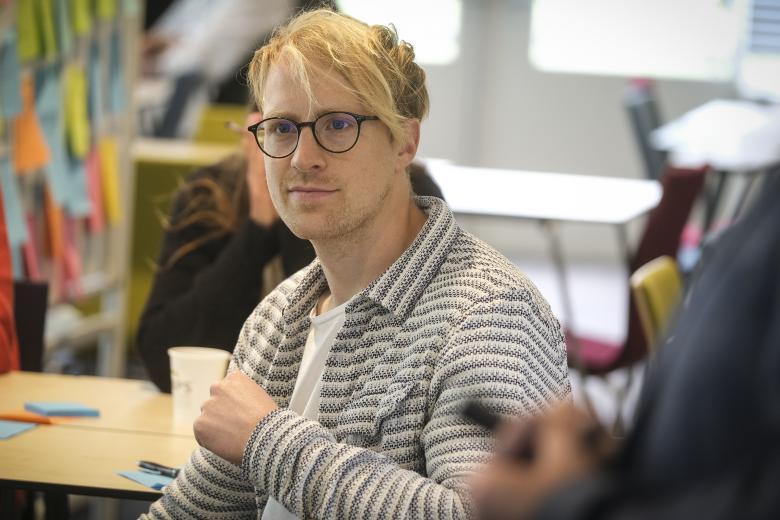
Also read
-
Teacher Information Points at UM
UM faculties now host Teacher Information Points (TIPs) that offer local, “just-in-time” and on-demand support for teaching staff. The aim is simple: to provide help that is closely connected to day-to-day teaching practice.

-
As a teacher, how confident are you in your digital skills? Discover your capabilities in just 25 minutes
Maastricht University invites all teaching staff to take part in the Jisc Discovery Tool pilot to explore your digital strengths.
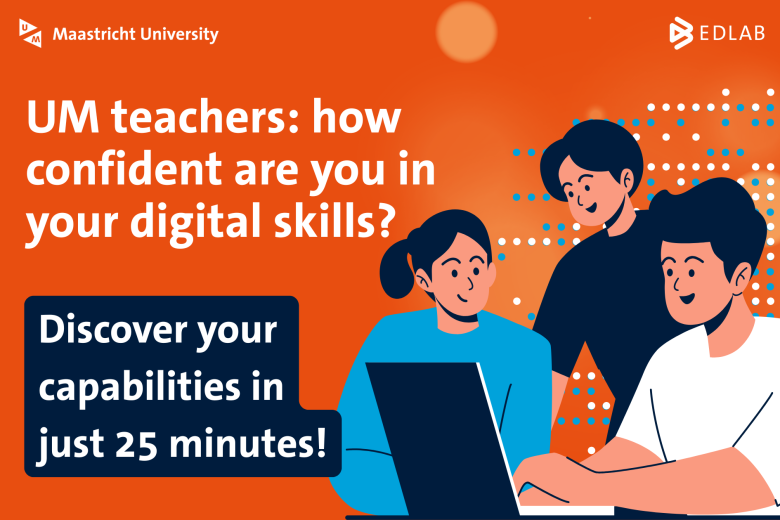
-
UWC Maastricht students get a taste of education innovation at EDLAB
On 21 October 2025, EDLAB hosted students from United World College Maastricht for the second year in a row, as part of their Youth Social Entrepreneurship programme.
